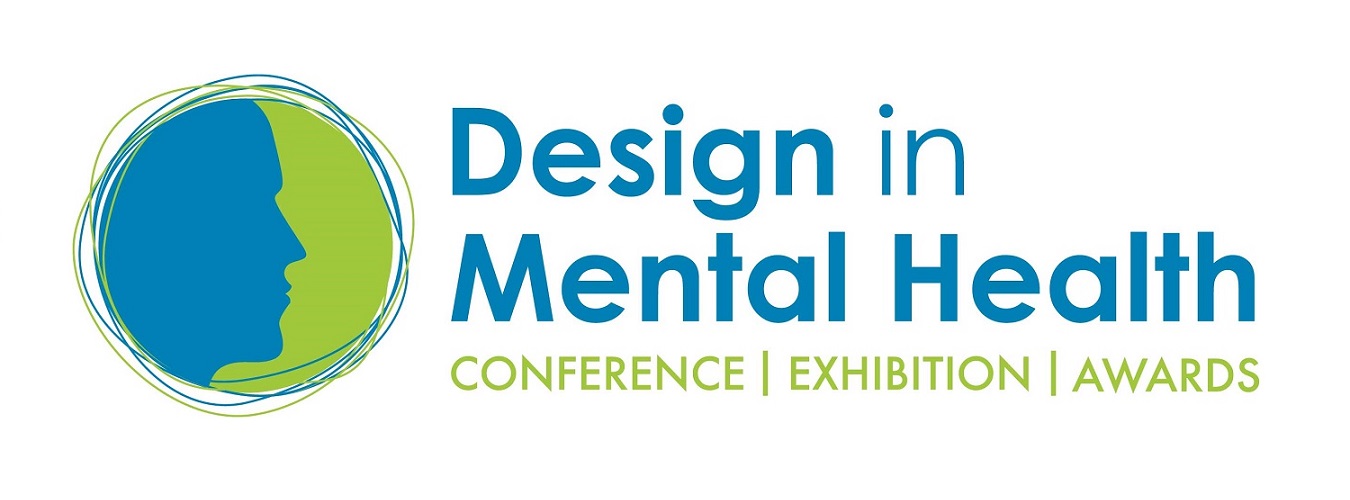Step Exhibitions
Redefining Assistive Equipment as Personalized Empowerment Tools
Time: 14:00 - 15:00
Date: 5 June 2024
Introduction: The intersection of design and mental health is a realm of immense potential. In today’s world, assistive equipment is often associated solely with functionality and healthcare. However, this workshop aims to challenge this paradigm by shifting the focus from creating mere devices to crafting personalized, user-centric solutions that foster a profound emotional connection between… Read more »
Design in Mental HealthSynopsis
Introduction:
The intersection of design and mental health is a realm of immense potential. In today’s world, assistive equipment is often associated solely with functionality and healthcare. However, this workshop aims to challenge this paradigm by shifting the focus from creating mere devices to crafting personalized, user-centric solutions that foster a profound emotional connection between users and their assistive equipment. We believe that by infusing design principles into assistive equipment, we can empower users, improve their mental well-being, and ultimately, transform lives.
Objectives:
Challenge Assumptions: Encourage participants to question traditional notions of assistive equipment design, emphasizing that these tools can go beyond mere functionality to become extensions of a person’s identity.
Empathy-Centered Design: Promote a human-centered approach by teaching participants to empathize with users, their unique needs, and their emotional journeys when using assistive equipment.
User Engagement: Explore strategies for creating products that users will connect with on a personal level, breaking down the stigmatization associated with assistive devices and fostering a sense of pride and ownership.
Mental Health Impact: Examine the profound impact that personalized and empathetic design can have on the mental well-being of users, reducing feelings of isolation and enhancing self-esteem.
Workshop Content:
Understanding Mental Health: An introduction to the importance of mental health in design and its impact on user experience.
Human-Centered Design: Exploring principles of user-centered design, with an emphasis on empathy, inclusivity, and accessibility.
Design Thinking in Assistive Equipment: Applying design thinking methodologies to reimagine assistive equipment.
Personalization and User Engagement: Techniques for tailoring assistive equipment to individual preferences, needs, and styles.
Case Studies: Examining successful projects that have redefined assistive equipment and positively impacted users’ mental health.
Collaborative Design: Hands-on exercises and group activities to apply workshop concepts and develop innovative ideas.
Expected Outcomes:
Participants will leave the workshop with a fresh perspective on design’s potential to improve mental health through the creation of assistive equipment that is not just functional but deeply meaningful to users. They will gain practical skills in empathetic design thinking and user engagement strategies.
Target Audience:
This workshop is suitable for designers, engineers, healthcare professionals, and anyone interested in reshaping the landscape of assistive equipment design.
Conclusion:
By reimagining assistive equipment as personalized empowerment tools, we can enhance the mental well-being of users, reduce stigma, and create a mo
Speakers
 Bruno Oro Assistant Professor - Iowa State University
Bruno Oro Assistant Professor - Iowa State University
« Back



